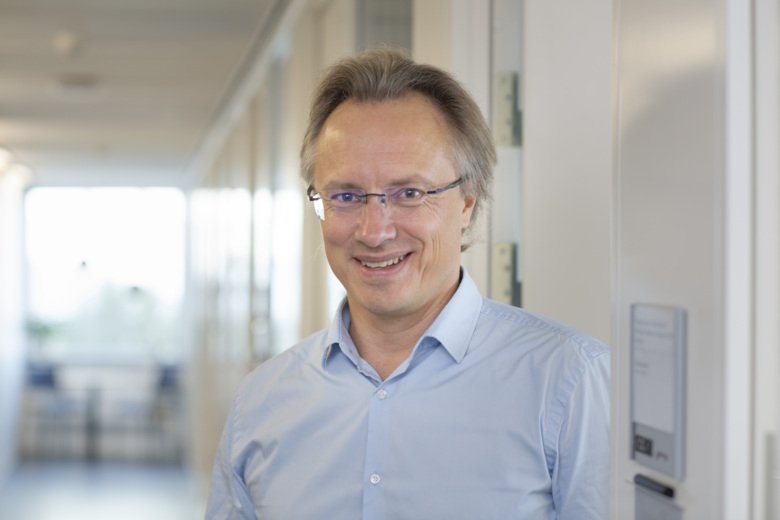Johan Lundin gets a 10 million SEK research grant for the MoMic Project
The Erling Persson Family Foundation has awarded Johan Lundin a research grant of 10 million SEK divided over three years for the project Artificial intelligence for diagnostics of cancer and infectious diseases in resource-limited settings - the MoMic Project. Johan has just returned from Kenya, where he has been planning the next steps of the project.
Johan Lundin and his research team receive a 10 million SEK research grant from the Erling-Persson Family Foundation which supports projects in science, education, and development of children and young people.

The research
Johan Lundin’s research team will, in the project Artificial intelligence for diagnostics of cancer and infectious diseases in resource-limited settings - the MoMic Project, develop and evaluate a combination of mobile digital microscopes and artificial intelligence (AI) for point-of-care medical diagnostics. The mobile microscopes are wirelessly connected via mobile networks for AI-based analysis and provide access to diagnostics where there is a lack of medical experts.
“The methods have great potential as support in cancer and infectious disease diagnostics. This means a significant step towards a more equal and sustainable access to high-quality diagnostics in resource-poor countries”, says Johan Lundin, principal investigator of the project”.
The research project is a collaboration between Karolinska Institutet, Uppsala University (UU), Institute for Molecular Medicine Finland – FIMM and the Kinondo Kwetu Hospital in Kenya and part of the GlobeLife initiative. Associate professor Nina Linder (FIMM and UU) and Professor Andreas Mårtensson (UU) are Co-PIs in the Nordic countries and CEO Harrison Kaingu at the Kinondo Hospital is the Co-PI in Kenya.
What does the award mean to you and your research?
“The awarded research grant is of tremendous importance for the project and will allow us to validate the mobile and AI-based diagnostic methods that our group has developed over the last few years in clinical settings in East-Africa”.
What are the next steps?
“We now intend to scale up the use of the new diagnostic method in the form of three validation studies in Kenya: a) for screening gynaecological cell samples with the aim of detecting precancers for prevention of cervical cancer, b) as a monitoring method for drug efficacy within control programs for soil-transmitted helminth infections in school children, and c) for monitoring the effect of malaria treatment.
Medical diagnostics is undergoing a transition where an increasing number of processes can be supported by digitalization and artificial intelligence (AI). These methods will during the next 5-10 years have a huge societal impact globally, especially in resource-limited settings”.
